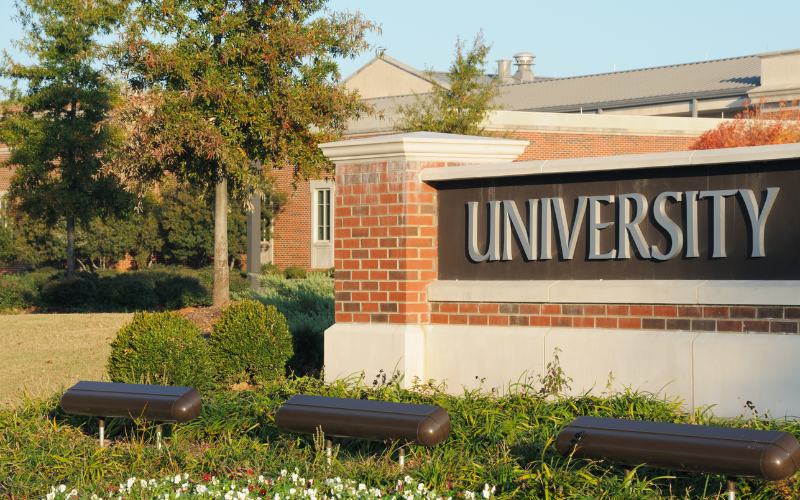By Dr. Patricia Campbell, Vice President, Dean of Graduate Studies, American Public University
American Public University System (APUS) and the Sloan Consortium recently co-sponsored a workshop on online graduate teaching and learning as part of the annual Sloan-C International Conference on Online Learning. Sloan-C is an association of institutions and organizations of higher education with the mission to advance online education and make it more accessible to “individuals, institutions, professional societies and the corporate community.”
One of the key discussions during the workshop focused on the changing demographics of the modern graduate student compared to previous generations. Many graduate students today are working adults with fulltime jobs and families.
The traditional kind of experience one might associate with being a grad student—like having extra free time to engage with peers in in-depth discussions, theories, and approaches—is simply not possible today. Many graduate students don’t have the time to sit in a pub with other graduate students and engage in academic discourse.
Have we lost something essential to the graduate experience if students attend courses and don’t have the opportunity to engage others and their professors outside the classroom? What does this mean for online learners? Is the assumption that online graduate students have less social time to explore their discipline true? Should online graduate programs try to build in this social component when it’s disappearing from the traditional, face-to-face graduate learning experience?
While all graduate programs can take advantage of various social media platforms to engage their students, online programs have the advantage of existing where students are—online. The online student is already engaged via cyberspace and the opportunity exists to foster better social relationships between online students and faculty. Several of the workshop participants indicated that they do come to know their online students better than their face-to-face students.
How we create a community of scholars in a virtual setting becomes even more important when we consider the increasing number of online doctoral programs. Most doctoral programs embrace the idea that a residency, which allows students and faculty to meet together for courses and collaboration, is an essential component of doctoral education.
For example, the University of Southern Mississippi, Gulf Coast has a Ph.D. program in International Development that requires three face-to-face residencies each year. Michigan State University’s doctoral program in Educational Technology requires a two week on campus residency for the whole of the program.
Given the relative newness of online doctoral programs, the optimal balance of how much face-to-face and virtual interaction is needed is still being explored. As the landscape and technology of higher education rapidly evolves, it’s incumbent upon education leaders to continue to create opportunities that facilitate social discourse as a vital component of the overall graduate learning experience.
About the Author
Dr. Patricia Campbell has numerous publications in academic journals including Journal of Political Science Education, International Feminist Journal of Politics, African Studies Quarterly, Politics and Policy; and Africa Today. Her co-authored textbook on Global Studies was published in 2010 (Wiley-Blackwell). She has been active serving on various committees of the American Political Science Association (APSA) and the International Studies Association (ISA).










